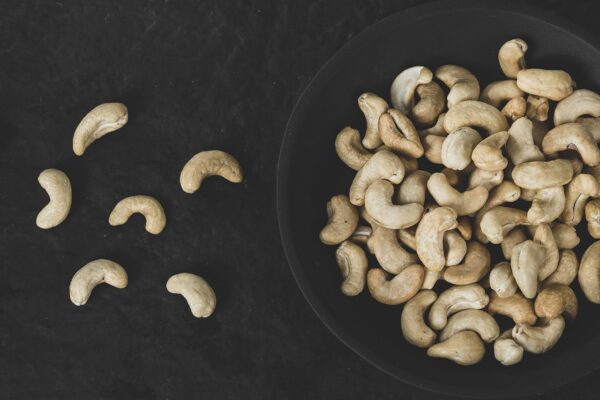Ratakaju: The Nutty Treasure of Sri Lanka-by Kalani-eLanka

Cashew, or ratakaju in Sinhala, is one of Sri Lanka’s most prized agricultural products. It holds a special place not only as a popular snack but also as an important ingredient in many traditional dishes. Grown in the tropical climate of the island, Sri Lankan cashews are known for their quality and distinctive taste.
Though cashews are not native to Sri Lanka, they were introduced by Portuguese colonizers during the 16th century. Over time, the tree adapted well to the island’s dry zones, particularly in regions like Puttalam, Kurunegala, and Hambantota, where they are now cultivated extensively. The nuts became a significant part of the local diet and economy.
Cashews are rich in protein, healthy fats, and essential minerals such as magnesium and copper. They offer numerous health benefits, including improved heart health, weight management, and a boost in brain function. The high levels of antioxidants in cashews also help reduce inflammation and protect against chronic diseases.
In Sri Lankan cuisine, ratakaju is often used in both sweet and savory dishes. It is a key ingredient in kiribath (milk rice), kaju curry (cashew nut curry), and as a garnish for many traditional desserts. Cashew nuts are also consumed roasted, salted, or simply raw, making them a versatile addition to any meal.
The cashew industry in Sri Lanka has grown into a thriving sector, with the country exporting a significant quantity of processed cashews to international markets. The Sri Lanka Cashew Corporation oversees the promotion and development of cashew farming, aiming to improve yields and support local farmers.
Despite its success, the Sri Lankan cashew industry faces challenges, including unpredictable weather patterns, pests, and a lack of advanced farming techniques in some regions. However, with government initiatives and support from international organizations, the future of the industry looks promising.
Ratakaju, beyond being a simple snack, is a symbol of Sri Lankan agriculture’s adaptability and resilience. Its nutritional value, combined with its cultural significance, ensures that cashew remains a cherished product on the island for generations to come.























